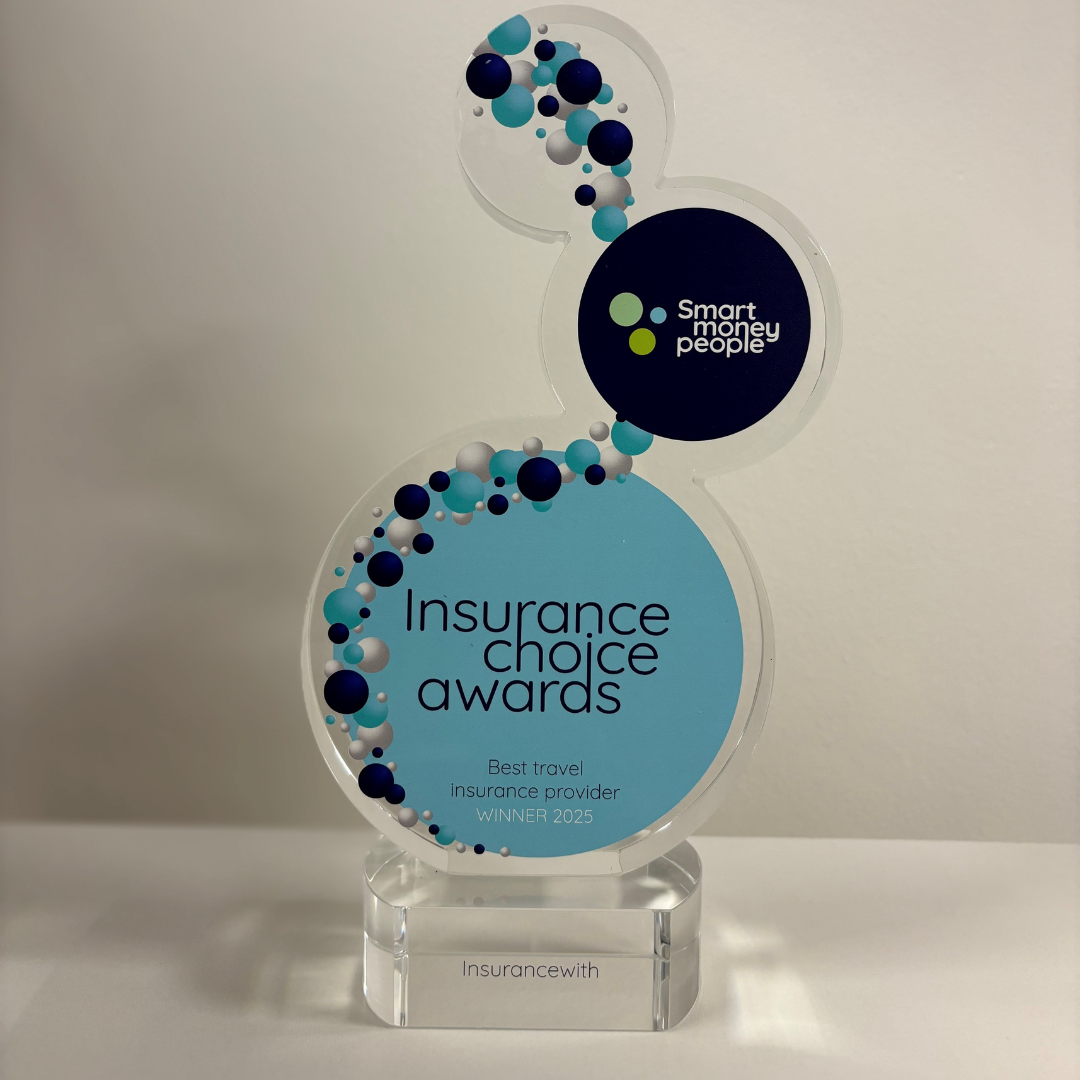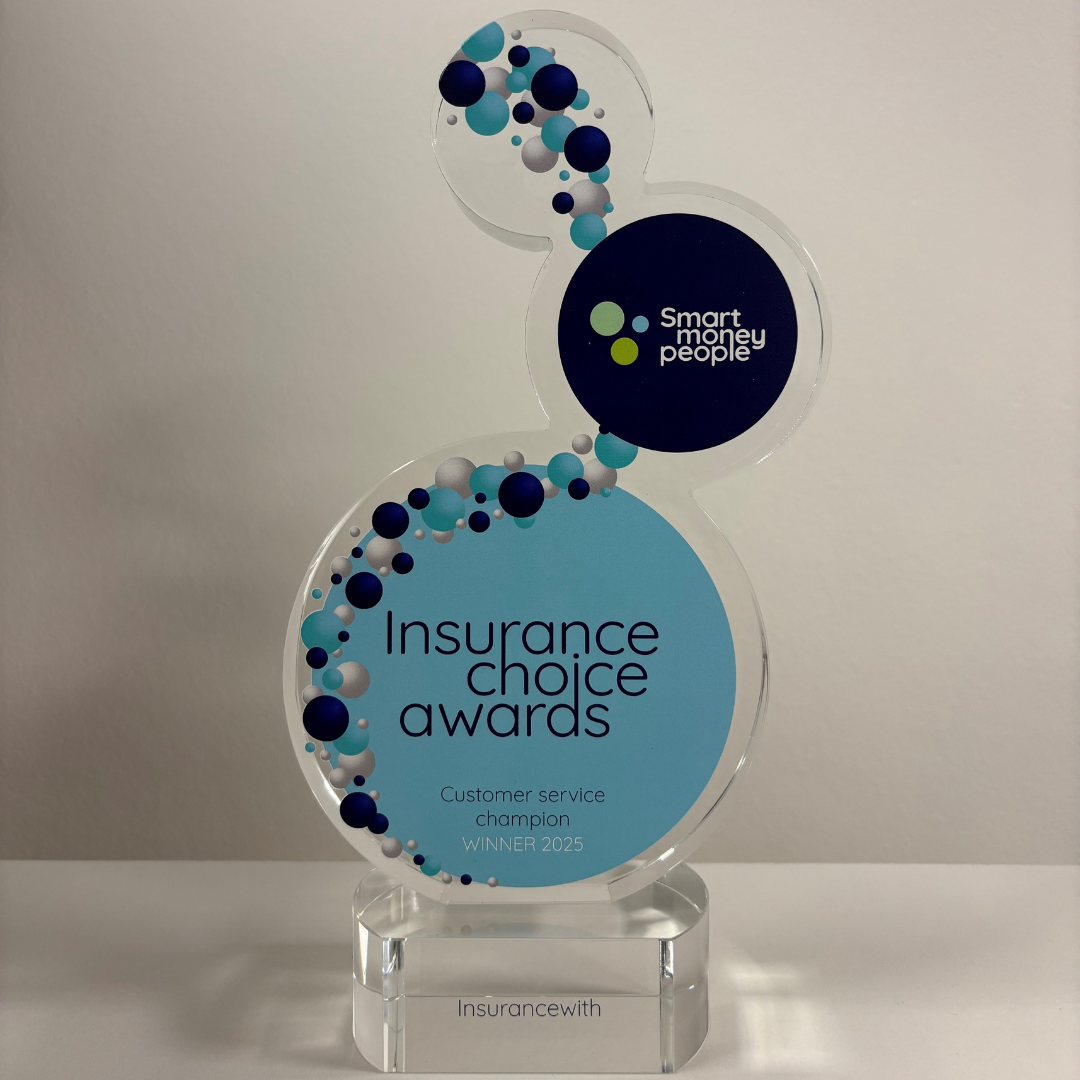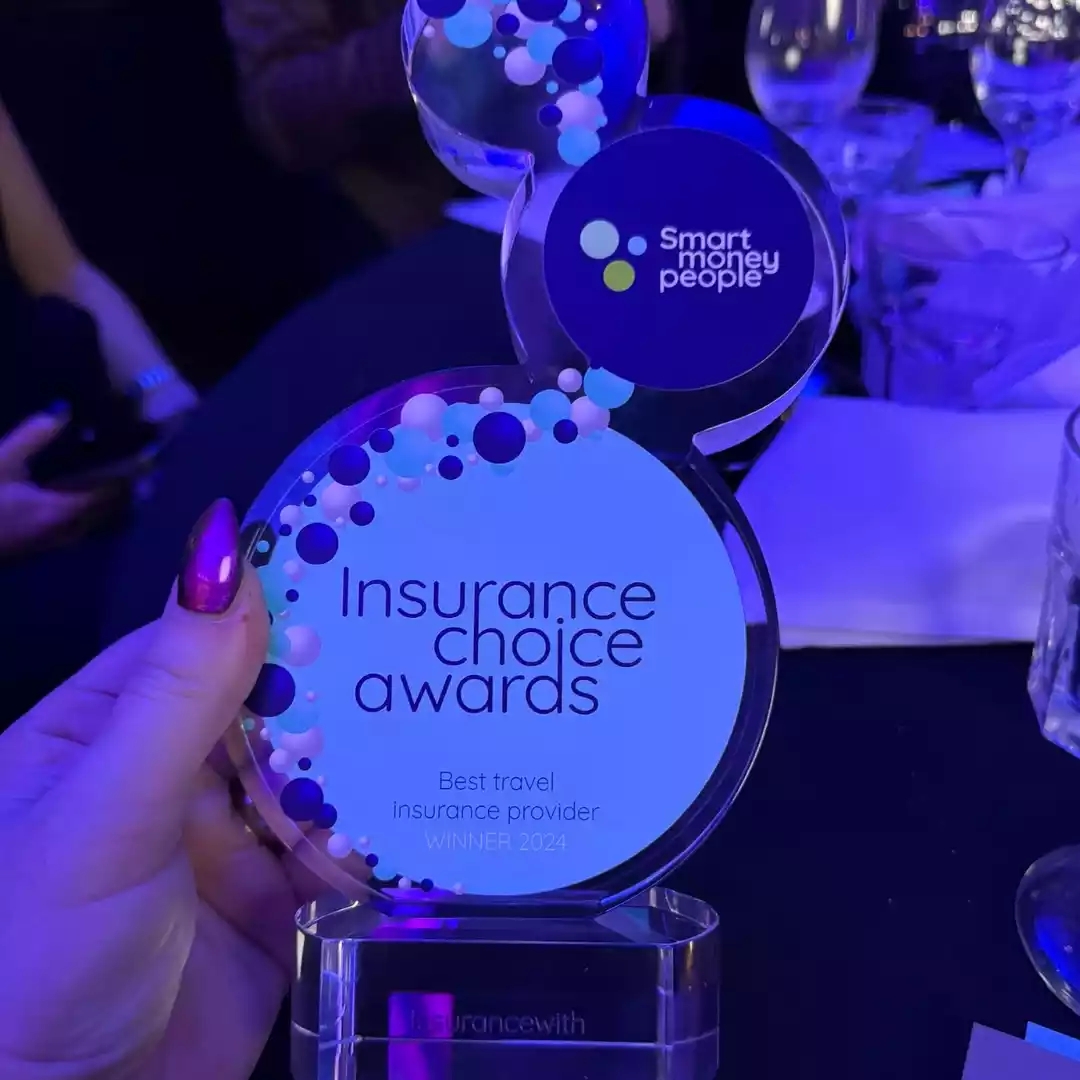Summer is approaching rapidly, and this means that many people in the UK will be considering going abroad on their holidays. If you’re a diabetic, it is particularly important for you to plan appropriately for your holiday, as many aspects of your daily routine and medication schedule may need to be changed. As well as the additional considerations you must take into account with foreign travel as a diabetic, insurance premiums can also be higher as a result of the added perceived risks.
insurancewith: are committed to helping the sufferers of many illnesses and debilitating conditions to be able to confidently travel abroad, knowing that they are covered by travel insurance that is not only comprehensive, but fair. insurancewith: created a specific travel insurance policy; insurancewith: Diabetes to combat this. As insurancewith: has gained an in depth understanding of diabetes, from extensive work with diabetes charities, and is therefore far better positioned than other insurance companies to offer a superior deal on travel insurance for diabetics.
When preparing for a holiday, travel insurance is exceptionally important, but should be far from the only consideration. This is no different for diabetics, and in this article we intend to set out exactly which steps and precautions you should take if you have diabetes and intend to travel abroad this summer.
In 2011 alone 26 million pieces of luggage went missing worldwide; this is a staggering statistic in its own right, but when you’re taking essential medication on holiday with you, it becomes that much more concerning. A sensible precaution to take while preparing to go on holiday is to carry twice as much medication as you would normally utilise for the timeframe of your holiday. This way you can split supplies between different pieces of luggage, reducing the likelihood of losing all of it in one go.
It is essential that you carry both diabetic identification and a covering letter from GP. These will not only ensure that you get the correct medical care should something unfortunate happen, but also allow you to carry your essential medication. The benefits of this are clear; in a post 9/11 world, airport security are going to be very hesitant to let you board a plane carrying either syringes, or unexplained medication!
It is also critically important that you store your medication appropriately; insulin in particular can become ineffective if exposed to particularly high or low temperatures, so be mindful of the environment you’ll be holidaying in. Altitude can interfere with specialist medical equipment, glucometers in particular, so if you’re likely to be staying in a dramatically higher or lower locale, it is crucial to check with your GP so you can understand how to counteract the effect.
There are a number of factors geographic, environmental factors that can have a negative effect on diabetes management while on holiday. One to take into account before the plane has even left the UK, is flight delays. No-one enjoys this unfortunate side effect of mass scheduled travel, but as a diabetic these delays can carry additional dangers: make sure you carry additional snacks to deal with any drops in blood sugar!
The particular climate of your destination can also affect glucose and insulin levels, so ensure that you’ve compensated for different time zones when deciding dosage and application time. In extreme heat, ensure that you are replacing lost fluids.
As well as climate, it’s important that you monitor and compensate for any changes in activity level; some people prefer a chilled out holiday by the pool, others an action-packed adventure, but you’ll need to be sure you manage your blood glucose levels in a manner that is appropriate for whichever you have chosen!
Holidays mean that loads of families will be heading to the beach for a simple but exciting day out. But although it’s a great day out for all the family, it’s important to avoid some of the things which could lead to injury or an emergency situation. Here’s our guide to staying safe at the seaside:
Swimming
On land
Alcohol, sharps, tablets, liquids and other items such as food substances, tobacco and souvenirs all ring alarm bells with those flying across the globe, and most countries have strict rules about the amount of these items they allow in. Customs dictate what you are and what you aren’t allowed to bring in to any country, so we’ve provided a handy guide below for you and your holiday:
Baggage
Liquids – should be in your hand luggage, and should be in its own 100ml container, and carried in a single transparent re-sealable plastic bag of up to 20cm x 20cm.
Baby food or milk – You are allowed to carry as much baby milk, powdered formula, sterilised water and baby food as required for your trip, even if this exceeds the usual liquid limit.
Wheelchairs – Most airlines can accommodate all types of battery-powered wheelchairs. In order for the airline to be prepared for your arrival, provide them with advanced notification of your needs and follow their safety guidance on travelling with a wheelchair.
Medication
Liquid medicine – You are allowed to carry as much liquid medicine as is required for your trip, even if this exceeds the usual limit on liquids, provided you have a supporting prescription or doctor’s note.
Tablets and capsules – can be carried in either hand luggage or your main baggage.
Epi-pens and hypodermic needles – can be carried in your luggage as long as they are provided for inspection with a doctor’s note.
Oxygen and other small cylinders – require the airline’s specific approval. Contact your airline or travel provider to ask how to gain approval for this medical equipment.
Portable medical electronic devices (e.g defibrillators, nebulizers, CPAP machines with lithium batteries, portable oxygen concentrators) – also need the airline’s special approval. Contact your airline or travel provider for further advice on gaining approval for this medical equipment.
Small personal thermometers containing mercury – Can be carried on board provided they are in a protective case.
Toys
Flying with a child can lead to many dirty looks from fellow passengers when they start to get overtired, kick up a fuss, throw a tantrum or start kicking the back of the seat belonging to the person sat in front of them. Ideally, bring more than enough things to keep your child entertained in order to avoid being stared at by the entire passenger list.
Sticker books, colouring sheets, playing cards, movies, games on a tablet or portable device, are all good toys to bring with you. (You don’t particularly want anything that can cause a mess or be thrown to great distance by your little one, in order to help make your flight as hassle-free as possible)
Make sure you bring some snacks with you too, so you can curb your child’s hunger long before it starts to affect their mood. This should come in useful when you’re queuing at check-in, security, or to board the plane.
There’s nothing worse than packing to go away a few days before your holiday and finding that you, or your child’s passport is out of date or invalid.
If you’re still in the UK and need to get a passport urgently, you have to book an appointment with the Passport Customer Service Centre. After the appointment, you can get your passport the same day or even within a week.
The Passports Office have an urgent passport application service for anyone who wants to renew a passport quickly or for those who are travelling in less than 4 weeks. Urgent services are usually only available for passport renewals, lost stolen or damaged passports and first time child passports.
Bear in mind that your appointment with the Passport Customer Service Centre can be up to three weeks in advance from the date that you book it. A premium 1-day service is available for appointments on certain days, at certain times and at certain locations, all of which are listed on the Foreign Office website.
Please note that passport offices can get quite busy at peak times, especially in the months April, August and September. To avoid disappointment, we recommend calling and booking your passport appointment as soon as possible. We also recommend not booking a holiday until you’re sure your passport is valid or will arrive before your departure date.
Below are the prices of a fast-track new passport service from the Foreign Office:
| Passport type | Fast track service cost (1 week) |
| Renew a standard adult 32-page passport | £142 |
| Change or amend a standard adult 32-page passport | £75.50 |
| Replace a lost, stolen or damaged adult passport | £75.50 |
| First child passport | £122 |
| Renew or amend a child passport | £49 |
| Replace a lost, stolen or damaged child passport | £49 |
If you have found that either you or your child’s passport is out of date, lost, stolen or damaged, but you do not need a replacement urgently, then you can apply online, through the Post Office’s Check and Send service, by completing the form in an application pack and sending it through by post, or at a regional passport office.
It usually takes up to 3 weeks to receive your new passport in the post.
Taking your kids on holiday as a single parent can be daunting, and as the only adult it can sometimes even be stressful or overwhelming. We’ve written a few tips and pieces of advice to travelling with kids as a single parent below.
Booking
When you look to buy holidays for your family, there often aren’t many options for single-parent family groups. However, persevere and look around as some operators or agents tend to offer deals for single-parent families with discounts or other great deals available, the key is to just shop around and do your research.
When you’re booking, think about what’s important for you and your family. If it includes socialising with other kids, make sure you book somewhere close to other family holiday homes so there’s someone of most age groups to socialise with.
Safety
One of the most over-looked aspects of travel is safety and travel insurance. Although it might seem boring and an unnecessary expense, but the thought of being abroad when your child falls ill or is seriously injured can be a really scary situation to find yourself in, especially if you’re alone.
Occasionally, accidents do happen and you can find yourself in an emergency medical situation. Should this happen, this is when people see the real benefit of travel insurance, it not only covers the cost of lost luggage and cancelled holidays, but can offer you great benefits like emergency medical helplines open every single hour of every day to give you the help and advice you need to get through the circumstances. Again, some travel insurance companies do single-parent discounts and can give you great deals for your kids and travelling as a family.
Be prepared
Remember to pack plenty of snacks for your holiday. Travelling with kids can be stressful at the best of times, even when they’re not tired and hungry, so pack a few long-life snacks and this should get you through most days on the road or in queues waiting for attractions to open up. Drinks, plastic bags and wet wipes can also be really useful, especially if you have younger kids.
Make a list of all the things you want to take long before you pack and depart for your holiday. This way, if you think of anything randomly you can just add it to the list to pack later on.
Enjoy it!
Remember that this holiday is not only for your children, it’s for you too. By dividing your holiday time between doing things that you all enjoy, activities that your children enjoy and things that you enjoy, which could include time to yourself, making make sure everyone gets an equal say in what they do and the holiday plans.
















